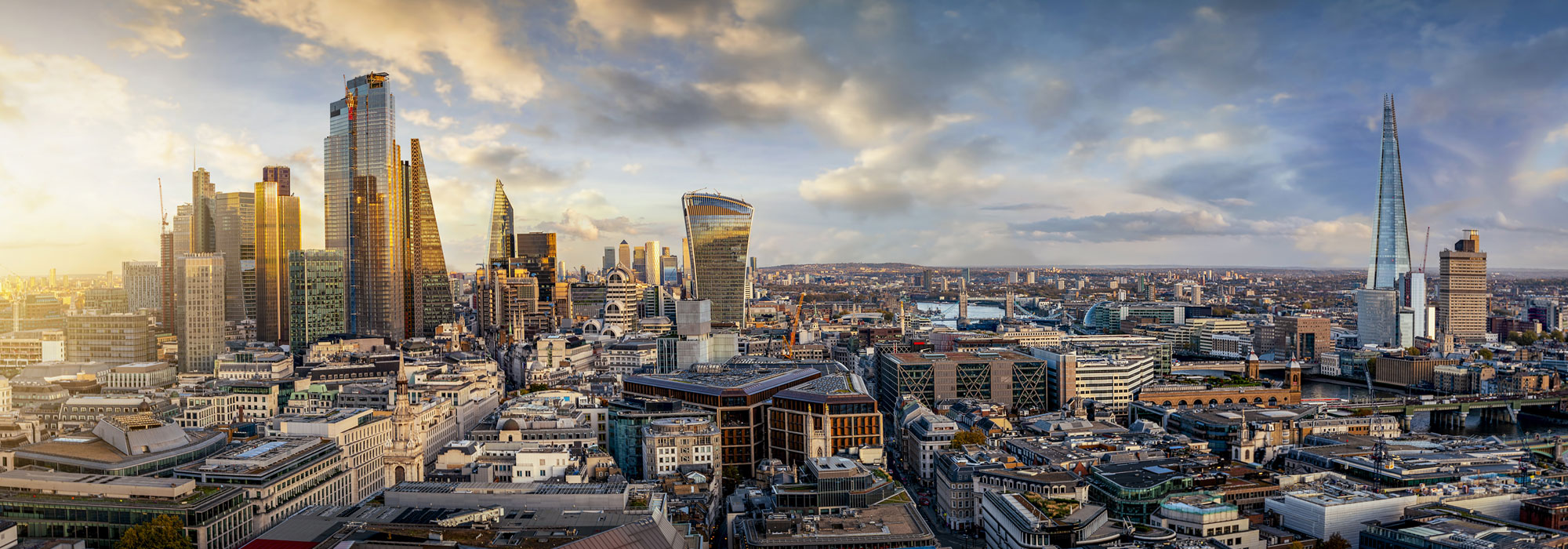Welcome to Green Net Zero
Here to decarbonise your buildings
Your business or organisation has decided to execute a zero-carbon strategy and reduce your impact on the climate….
One of the biggest challenges you now face is the decarbonisation of your buildings. This is where Green Net Zero can draw on our years of experience in low carbon technologies, to advise on the most suitable, efficient, and cost-effective solutions to heat, cool, ventilate, light, and control your buildings. We work with our network of skilled and experienced partners to install, maintain, and monitor these solutions, ensuring equipment is working at optimal levels and carbon usage is kept to a minimum.
Part of the Frankland Group of companies, we have a wealth of experience in Mechanical and Electrical replacement and upgrade projects in existing buildings. While new buildings utilise higher efficiency, lower carbon solutions, existing buildings with equipment 15-20 years old are often inefficient and challenging to improve.
Our main area of expertise is mechanical plant upgrades, in particular heating and cooling systems. Most heating systems in UK buildings use high carbon, low efficiency, fossil fuel boilers to provide heating and hot water. We work with the UK’s leading manufacturers of renewable heating products, to offer low carbon alternatives, which offer less dependency on the volatile fossil fuel market, and significant reductions in operating costs and carbon usage. Being technology-agnostic, we can ensure the correct solution for the application in question is provided, giving the best impact to your zero-carbon strategy.
In addition to mechanical system improvements, we work with a number of key partners to help deliver a full net-zero strategy for your buildings. These solutions include low carbon lighting, on-site power generation, vehicle charging, and building energy management systems. Our partners have a wealth of experience in low carbon technologies, working directly with Europe’s leading manufacturers to deliver the best value, ensuring the best return to your project.
We also understand the drive towards reducing carbon can be commercially challenging. All the services we provide can be provided with no upfront costs. These can be funded through the reduction in energy costs, and the amount of carbon to be offset to achieve your net-zero commitments.
How We Can Help You…
Helping our clients on their journey to Net-Zero
What is Net Zero and why is it important?
Since the start of the industrial revolution, we have been burning fossil fuels. These fuels release greenhouse gasses, and have in turn increased global temperatures year on year. You will have seen the impact this has had with the increased intensity and frequency of storms, fires, and droughts happening all over the world, and right here in the UK.
World governments have joined together to help stop these rising temperatures, and in 2015 pledged to limit global warming to 1.5°C above pre-industrial levels, by signing the Paris Agreement. If we exceed 1.5°C there is a strong chance our climate will reach its tipping point, with the arctic permafrost melting, releasing even more greenhouse gasses that have been stored over millennia, losing control of our climate forever.
However, there is still hope and a road we can divert to, to avoid an irreversible change to our climate. The UK Government’s Net Zero Strategy, which was launched in October 2021, aims to reduce UK emissions by 78% from 1990 to 2035 (63% relative to 2019) and as a nation, be Net Zero by 2050. This strategy focuses on the sectors that have the biggest potential to make the progress needed to achieve this target;
| Sector | % of UK emissions (2019) | Expected reduction by 2035 from 1990 |
|---|---|---|
| Power | 11% | 80-85% |
| Fuel Supply and Hydrogen | 5% | 53-60% |
| Industry | 15% | 63-76% |
| Heat and Buildings | 17% | 47-62% |
| Transport | 32% | 47-59% |
| Natural Resources | 20% | 39-51% |
| Greenhouse Gas Removals | N/A | N/A |
Net Zero is a term that refers to a condition in which the greenhouse gases being emitted into the atmosphere are balanced by removal out of the atmosphere. The idea is we reduce our carbon usage as much as we possibly can, then balance the remaining carbon being emitted with natural carbon sinks such as forests, and new technologies like carbon capture. This is referred to as offsetting. Current prices to offset carbon is around £13 per tonne, but predictions are that by 2035 this could rise to as much as £43 per tonne.
There are some other terms used in the world of sustainability, which are as follows:
- Absolute Zero: An activity releases no greenhouse gasses at all.
- Carbon Neutral: Any CO2 emitted into the atmosphere by an individual or company is counterbalanced by an equivalent being removed.
- Climate Positive: An activity exceeds net-zero carbon by removing more CO2 from the atmosphere than emitted.
- Carbon Negative: This means the same as climate positive.
- Climate Neutral: Reducing all greenhouse gas emissions to zero, while also removing all other negative environmental impacts that a company may cause.

How do buildings form a solution to the UK’s Net-Zero commitments?
One of the main solutions to becoming net-zero is to decarbonise the electricity network, driving the UK towards an electric economy. This will mean technologies such as Heat Pumps, LED Lighting, Photovoltaic (PV) Panels, Electric Vehicle (EV) Chargers, and Smart Controls will become commonplace in all new buildings, and the preferred option when replacing old systems that are at the end of their life.
Buildings in the UK account for around 27% of the country’s greenhouse gas emissions. These emissions have been reduced by around 17% since the start of the millennium, mainly due to the decarbonisation of the electricity grid, not the buildings themselves. Vastly improved energy efficiency in newly built buildings is now being seen, but 80% of the building stock in place in 2050 has already been built. To be net-zero carbon by 2050, we need to reduce the energy use intensity of our buildings by more than 60%.
Get in touch
We are the first generation to be able to end poverty, and the last generation that can take steps to avoid the worst impacts of climate change.

Renewable Heating – The Biggest Challenge in Reducing Your Buildings Carbon Usage
There are approximately 1.7 million non-domestic buildings in England and Wales. 23% of the UK’s built environment emissions come from these buildings, and of that 23%, around 66% is emitted by heating. Commercial and industrial buildings over 1,000m² contribute to over half of the energy used in non-domestic buildings but account for only 5% of the total stock. These should be of key focus in our drive to decarbonise.
There are plans as part of the government’s Net-Zero Strategy to focus on heat and buildings. Buildings will need to be more energy-efficient, ensuring they require less energy to heat, making running them cheaper, decreasing our reliance on imported energy, and improving fuel cost security. Buildings account for around 17% of all UK greenhouse gas emissions. The idea is to reduce this by 47-62% by 2035.
An ambition stated in the plan is that no new gas boilers will be sold from 2035, meaning lower carbon alternatives such as Heat Pumps or Hydrogen will need to be considered.
Plans for hydrogen as a form of heating to replace the gas network will be decided following trials taking place in 2023 and 2025. Much of the suitability of hydrogen will come down to how it is generated. Grey and Blue hydrogen are generated using natural gas which provides only a small decrease in carbon over 100% natural gas. Green hydrogen however is produced using renewable power and water, and offers a significant carbon reduction, but will require major upgrades to the amount of renewable power being generated.
Heat Pumps are powered using electricity and can be classed as renewable heating solutions. For every 1kW of input power, you can expect to receive around 3kW of heating (depending on water temperatures generated and ambient conditions). This means 2kW is energy from the air around us. If your electricity is from a renewable source, the carbon used in heating your building would decrease dramatically. This technology is proven to work, even in the harshest of climates, if applied correctly. 96% of all new heating systems in Norway were heat pumps in 2021, with average temperatures for January and February around -7°C.
Green Net Zero work with the leading manufacturers of heat pumps in the UK, to provide the most cost-effective, low-carbon solution for your building. Once installed, we’re also here to provide ongoing servicing and maintenance, to ensure your system works as efficiently as the day it was powered up.
Zero Carbon for Zero Cost
We understand that organisations want to invest in a more sustainable, lower-carbon future. By doing so, they’re creating a more secure, environmentally conscious, and efficient business, that will drive growth and attract the best customers and employees. The challenge however is to do this during periods of political and economic uncertainty.
Green Net Zero and our partners want to ensure organisations can realise their zero-carbon futures, enjoying all the benefits of improved efficiency and lower carbon offset costs, without the need for capital expenditure. Funds are simply provided through the reduced energy costs, over a period agreed upon during the initial consultation. Once that period ends, the reduction in costs will be a benefit provided back to you for the lifetime of your building.
